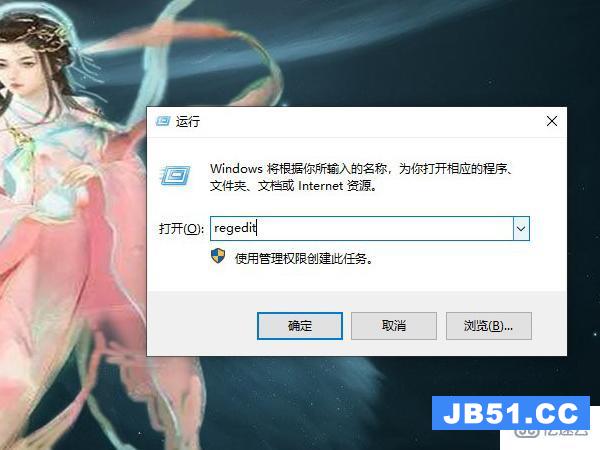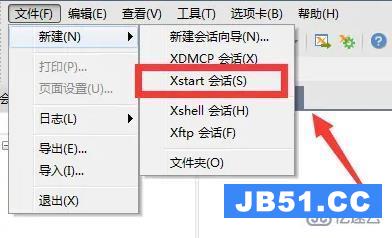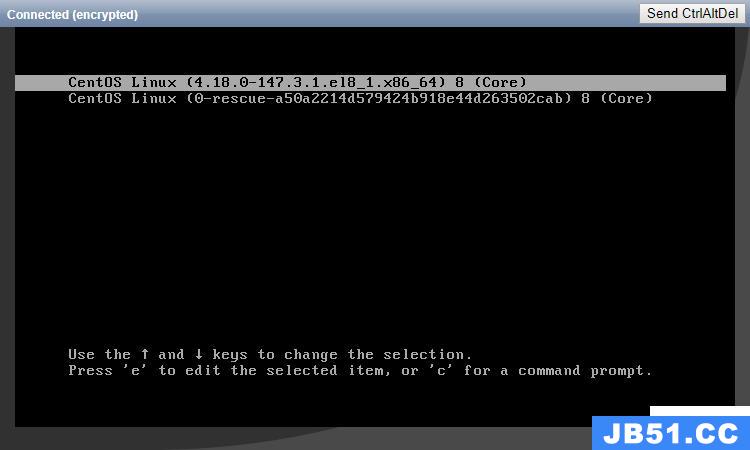本篇内容主要讲解“Spark shuffle和hadoop shuffle的区别是什么”,感兴趣的朋友不妨来看看。本文介绍的方法操作简单快捷,实用性强。下面就让小编来带大家学习“Spark shuffle和hadoop shuffle的区别是什么”吧!
Q1:AppClient和worker、master之间的关系是什么?
:AppClient是在StandAlone模式下SparkContext.runJob的时候在Client机器上应 用程序的代表,要完成程序的registerapplication等功能;
当程序完成注册后Master会通过Akka发送消息给客户端来启动Driver;
在Driver中管理Task和控制Worker上的Executor来协同工作;
Q2:Spark的shuffle 和hadoop的shuffle的区别大么?
Spark的Shuffle是一种比较严格意义上的shuffle,在Spark中Shuffle是有RDD操作的依赖关系中的Lineage上父RDD中的每个partition元素的内容交给多个子RDD;
在Hadoop中的Shuffle是一个相对模糊的概念,Mapper阶段介绍后把数据交给Reducer就会产生Shuffle,Reducer三阶段的第一个阶段即是Shuffle;
Q3:Spark 的HA怎么处理的?
对于Master的HA,在Standalone模式下,Worker节点自动是HA的,对于Master的HA,一般采用Zookeeper;
Utilizing ZooKeeper to provide leader election and some state storage, you can launch multiple Masters in your cluster connected to the same ZooKeeper instance. One will be elected “leader” and the others will remain in standby mode. If the current leader dies, another Master will be elected, recover the old Master’s state, and then resume scheduling. The entire recovery process (from the time the the first leader goes down) should take between 1 and 2 minutes. Note that this delay only affects scheduling new applications – applications that were already running during Master failover are unaffected;
对于Yarn和Mesos模式,ResourceManager一般也会采用ZooKeeper进行HA;
到此,相信大家对“Spark shuffle和hadoop shuffle的区别是什么”有了更深的了解,不妨来实际操作一番吧!这里是编程之家网站,更多相关内容可以进入相关频道进行查询,关注我们,继续学习!





